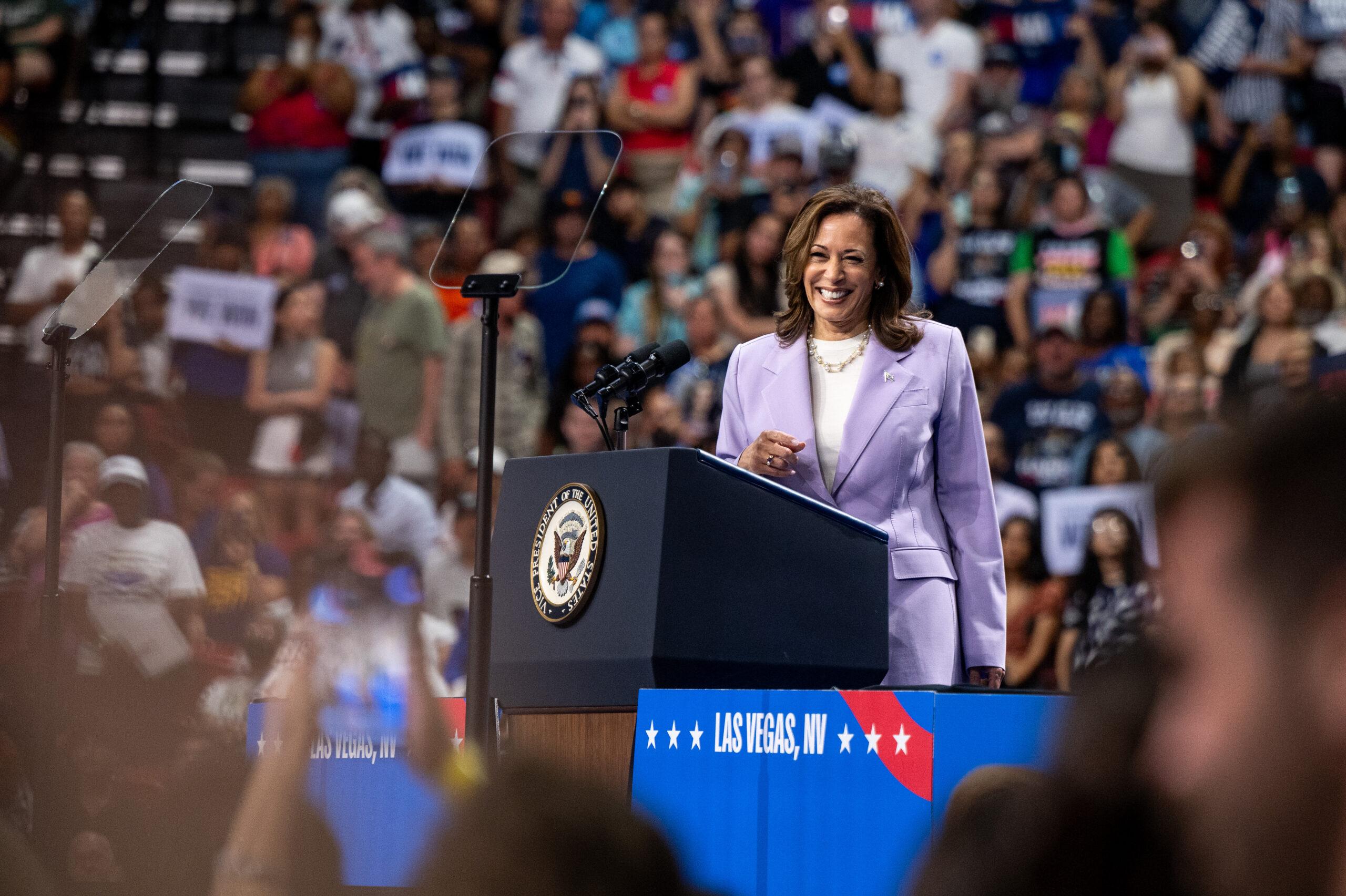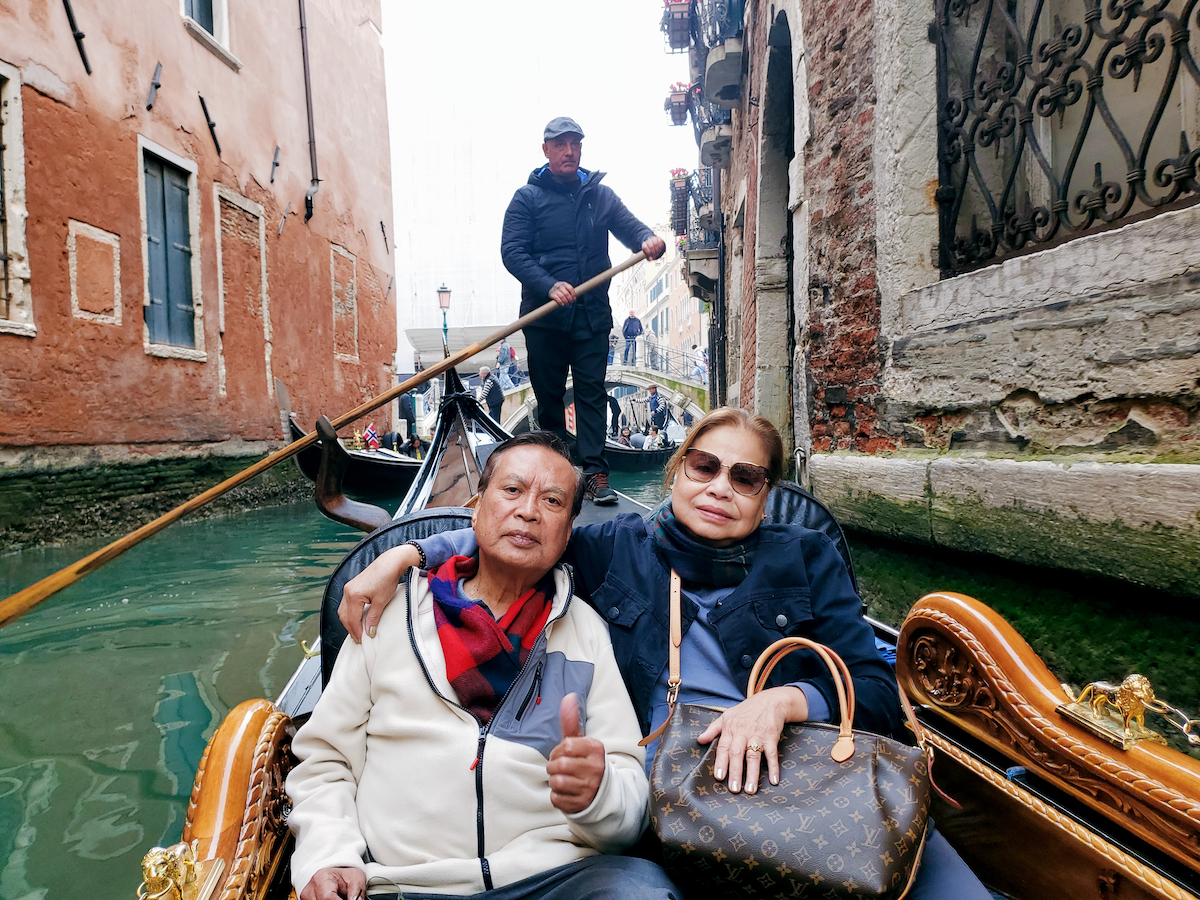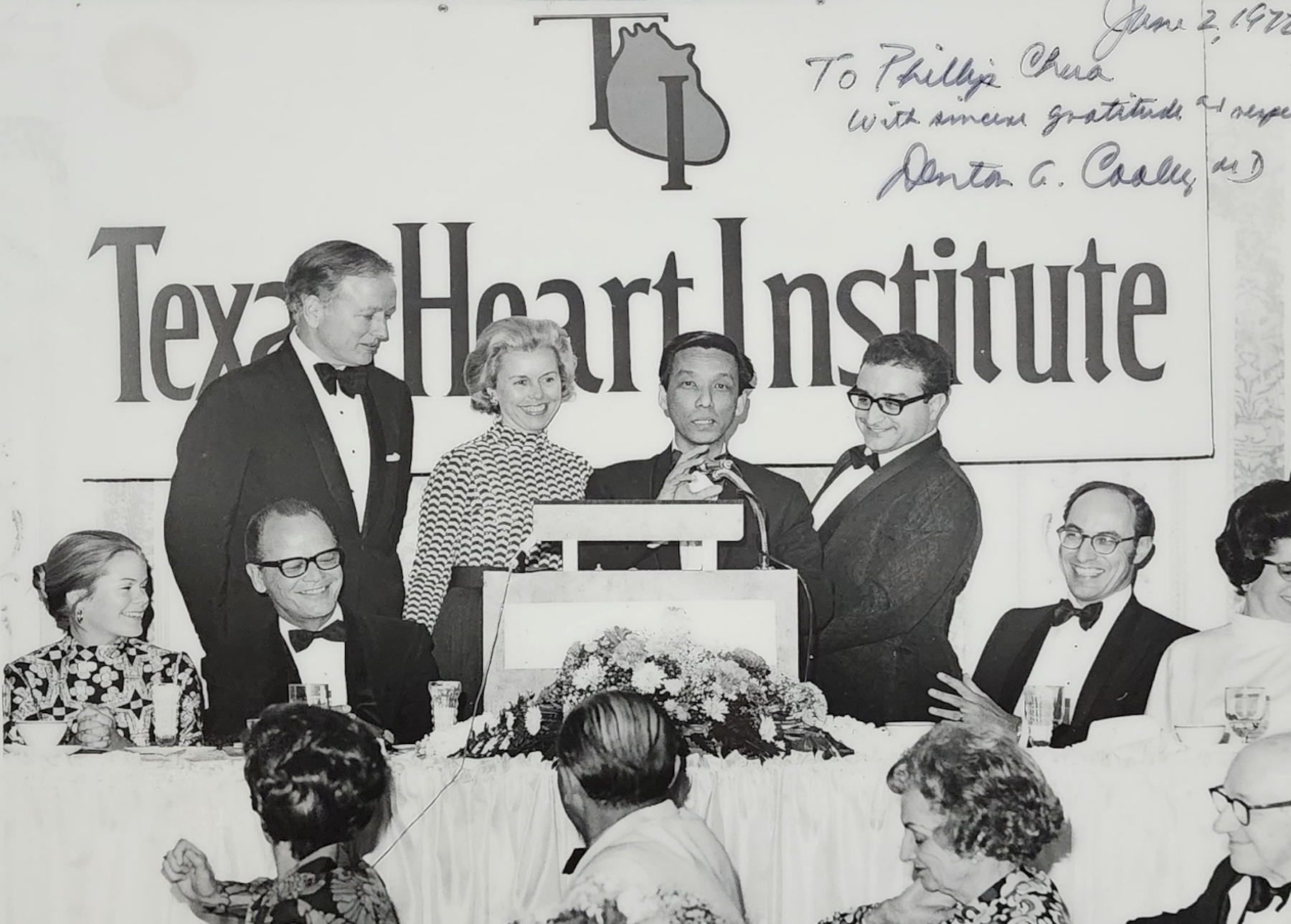Raising our voices in proud solidarity this Labor Day, Asian American Pacific Islander (AAPI) workers are joining with working people across the country to put the importance of unions front and center in our national conversation.
Emerson Padua is a proud Filipino American and dedicated healthcare worker from Beaumont, Calif. He has been a dialysis patient care technician for 21 years. When Emerson first started, there was one patient care technician for every three patients. Now the ratio can be as much as eight patients for one staff person, or only two technicians and one nurse caring for 21 patients. This understaffing forces him and his co-workers to serve as part-time janitors, social workers, dieticians and inventory administrators on top of their patient care duties.
When Emerson started working in dialysis, his co-workers were attempting to unionize but he didn’t support them. Then he saw conditions decline over the years and decided to help fix the conditions he works in, and make sure the opportunity for a union didn’t slip away again.
Now Emerson is speaking up for his patients and coworkers, and together they are fighting to form a union and reform the dialysis industry and its growing crisis in patient care. In particular, Emerson is fighting to increase staff levels in order to protect vulnerable patients from the risk of infection and infection. In California alone, kidney patients seeking treatment at dialysis clinics grew 46 percent over the past eight years. Adequate staffing is critical for Emerson’s patients who are waiting for a transplant and need dialysis to survive. The Service Employees International Union is the largest healthcare union representing the whole spectrum of healthcare professionals and workers. We have the expertise to assess shortcomings in the industry since we are on the frontlines of patient care.
Unions are important vehicles for working people to improve their safety and working conditions in the workplace, and also to lift the social and economic situations of their entire communities. The top priority of our elected officials must be to ensure good jobs on which people can raise a family. The two main ways to do that are through raising the minimum wage or by joining a union together to negotiate those raises. We have achieved enormous success in raising the minimum wage, and now we must ensure that our demand for a union is being heard.
I have dedicated the last four decades of my life to organizing and advocating for the rights of working men and women through unions, which helps us make strides on things like voting rights and the rights of immigrants. From Desert Springs Hospital in Las Vegas to San Francisco International Airport, I have seen the difference that being in a union makes in the lives of working people and their families, particularly in immigrant communities and communities of color.
People are underpaid in every racial and ethnic group, regardless of the color of their skin. While the AAPI community is the fastest growing racial group in the United States, people often stereotype it as white-collared technology and science workers. Yet AAPI women make up nearly a third of all full-time working women who earn less than $15 an hour in industries such as food service, home care, retail service, waitressing, dishwashing, housekeeping and child care. AAPI women are garment workers, poultry plant workers, nail salon technicians and restaurant workers.
We are a growing political force and we can make a huge difference in elections. There were more than 620,000 new AAPI voters in the last three presidential cycles, with eligible AAPI voters in various states making up more than 5% of the state’s electorate, including Nevada, Virginia, and California. There was an unprecedented number of AAPIs running for office across the country in 2016 and there are now more than 600 AAPI elected officials throughout government.
Not only is the AAPI community a growing electoral power and a growing social power, we are also increasingly joining unions. Nationwide, union membership among AAPIs increased by 96,000 people in 2014. To defeat anti-worker politicians, the demand for unions has become central for our community and for all working people in order to take back the country from self-interested politicians and greedy corporations that make profits on the backs of their employees.
But there is still much work to be done. Working people are fed up with the rigged economic and political system, and the politicians who rigged it. The number one job of politicians is to raise the standard of living for workers. This Labor Day, protests and actions in more than 300 cities will confront the politicians and corporations who have rigged the system against workers, particularly people of color.
We will see a renewed politics led by working people demanding a voice in the workplace. There are those who are saying that the focus should just be on “white working class voters.” But we won’t let extremists use race as a “divide and conquer” strategy to keep working people from coming together. Instead we will link racial justice to all of our justice fights—immigrant justice, healthcare justice, and environmental justice—to inspire and mobilize working families in communities across the nation to join the opposition.
Across the country, AAPI worker are joining working people of every stripe to stand up against those who rigged our economy. They joined the resistance movement that we’ve seen blossom in the streets of small towns and big cities alike, from the historic Women’s marches to the spontaneous support at airports protesting the Muslim ban to healthcare workers standing with patients to defeat the attempts at repealing healthcare and gutting Medicaid. This Labor Day they will be out in the streets again in every region of the country, demanding the right to join a union, and taking on the politicians and corporations who are fighting to hold wages, working people and our families down.
***
SEIU Executive Vice President Luisa Blue is one of the highest-ranking Asian American Pacific Islander (AAPI) union leaders in the nation. She was recognized in 2015 at the national Asian Pacific American Labor Alliance convention, where she was awarded the Philip Vera Cruz Organizing Award, and was recognized by the Filipina Women’s Network as one of the 100 Most Influential Filipinas in the World because of her commitment to racial, immigrant and civil rights, and for her efforts in organizing workers at SEIU.




